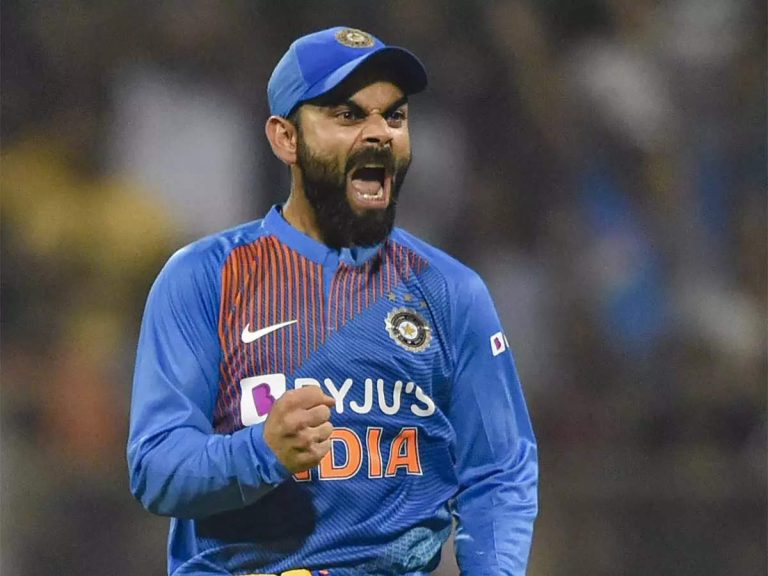
Discussions around Virat Kohli and Rohit Sharma’s absence from domestic cricket have intensified following one of their worst batting performances during India’s recent whitewash at home against New Zealand. Kohli, who last played a domestic match in the Ranji Trophy for Delhi in 2013, and Rohit, whose last appearance for Mumbai was in 2015, did not participate in the Duleep Trophy despite being fit. Their lack of involvement has raised eyebrows among cricket veterans.
Kohli managed to score only 93 runs in the recent series against New Zealand, averaging a mere 15.50—his lowest performance in a home series in seven years and the second-worst of his career. Similarly, Rohit faced significant struggles, scoring just 42 runs in two matches against Bangladesh in September, marking his second-lowest performance in a home series in nine years. In the series against New Zealand, he scored 91 runs, averaging 15.16, contributing to the growing concerns over his form.
Former national selector Devang Gandhi pointed out the importance of stepping up in domestic competitions for batters seeking to regain their form. He recalled how Sachin Tendulkar played a Ranji Trophy semi-final just two weeks after an ODI series in 2000, showing commitment and resilience despite the demanding schedule. Gandhi noted that Tendulkar and his teammates participated in both the semi-final and final shortly after completing ODI commitments, proving the value of domestic exposure in honing batting skills.
In light of Kohli and Rohit’s recent struggles, Gandhi suggested that participating in the Duleep Trophy could have been beneficial. He emphasized the need for players to engage in domestic cricket when they are not in peak form, arguing that such opportunities can aid their recovery.
On the other hand, former chief selector MSK Prasad argued against comparing the workload of players from different eras, noting that the current generation faces an exponentially higher volume of cricket. Prasad proposed that the Board of Control for Cricket in India (BCCI) could implement strategies to ensure star players participate in domestic matches without compromising their rest and workload management.
He suggested revisiting a rotation policy to provide players with necessary breaks and emphasized the importance of scheduling. According to Prasad, aligning the Ranji Trophy schedule with the international calendar would increase participation. Specifically, he recommended organizing home Test series in a manner that allows breaks for players between Ranji Trophy matches and international commitments, rather than having them overlap as they often do.
In conclusion, the absence of Kohli and Rohit from the Duleep Trophy may have raised questions about their commitment to domestic cricket, especially given their recent batting difficulties. With suggestions for scheduling and management changes, there is a growing recognition of the need to balance player workload with opportunities for improvement on the domestic stage.
